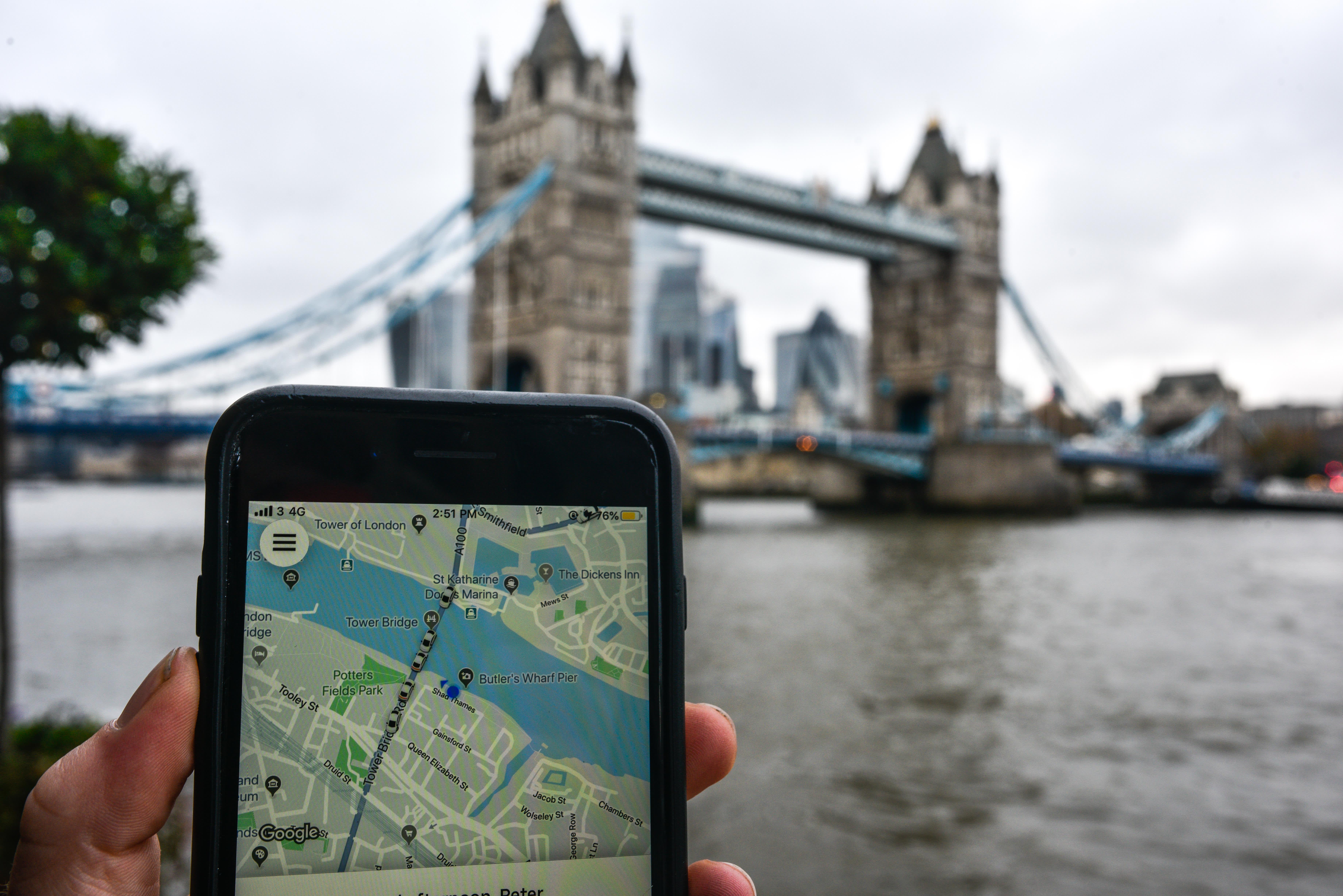Uber awaits crucial UK Supreme Court ruling which could jeopardize its business model

A person using the Uber app in London.
Peter Summers | Getty Images
LONDON — Uber’s troubles in the U.K. aren’t over, despite winning back its license to operate London.
The ride-hailing firm is awaiting a major ruling from the country’s top court on whether its drivers should be classified as workers rather than independent contractors.
It’s a case that echoes Uber’s fight with Californian regulators over the employment rights of its drivers last year. A loss for the firm could jeopardize its business model and have broader ramifications for the so-called gig economy.
Here’s what you need to know.
How did we get here?
It all started with a U.K. employment tribunal ruling in 2016.
The tribunal ruled in favor of a group of Uber drivers, led by Yaseen Aslam and James Farrar, who claimed they were workers employed by Uber and therefore entitled to rights such as a minimum wage, holiday pay and rest breaks.
Former Uber drivers James Farrar (L) and Yaseen Aslam react as they leave the Employment Appeals Tribunal in central London on November 10, 2017.
Tolga Akmen | AFP via Getty Images
Uber insists that its drivers are self-employed, a classification which grants them minimal protections. It doesn’t want them to be treated as workers as this would reduce the flexible working arrangement its service has become known for and result in higher costs for the firm.
The company lost each appeal against the original employment tribunal decision in Britain’s lower courts, and so it has appealed to the Supreme Court as a final resort.
Uber says it’s improved over time with respect to the treatment of its drivers, introducing benefits like insurance to cover illness or injury and maternity and paternity payments. But lawyers representing the drivers say the firm has an employer-employee relationship with drivers and should therefore pay them a minimum wage.
Uber isn’t the only ride-hailing platform to take issue with reclassifying its drivers as workers. Free Now, a taxi app joint-owned by Daimler and BMW, said most of its drivers use multiple services and “enjoy the flexibility that comes with this.”
“This by its very nature would make it very challenging and not necessarily beneficial to them to change their status from contractors to workers or employees,” a spokesperson for Free Now told CNBC.
The Supreme Court will make its verdict on Friday at around 9:45 a.m. London time. The judgment will be broadcast live on the court’s website.
Why it matters
Friday’s ruling could have huge long-term consequences for Uber and the U.K.’s gig economy, which has an estimated workforce of 5.5 million people.
For Uber, a loss would mean the firm would have to go back to the U.K. employment tribunal to determine compensation for drivers.
What will matter in the Supreme Court’s ruling is not only whether drivers should be classed as workers, but in which scenarios they are working. For instance, is a driver working as soon as they open their app, or only after they pick up their passengers? That’s what the judges are debating.
Pinar Ozcan, professor of entrepreneurship and innovation at Oxford University’s Saïd Business School, told CNBC last year that the case was an example of “another showdown of the power struggle between platforms and their members.”
The world has changed since Uber originally lost its employment tribunal case. The coronavirus pandemic has taken its toll on ride-hailing drivers and demand has fallen amid the ongoing global health crisis. Meanwhile, couriers for Uber Eats and other takeout apps are today viewed by many as essential workers, delivering food to people staying at home.
The pandemic has led to an “acceleration of gig work,” according to Ozcan, with people losing their jobs as a result of lockdown measures.
“I think we’ll see more people questioning how we should redefine the terms of gig work and make it such that it remains attractive for (platforms’) members,” she said.
“Of course, the platforms are going to fight back because it really cuts into their revenue,” Ozcan said. “That power struggle is going to, if anything, increase because more people are going to be attracted to gig work.”
Uber last year won a battle with the state of California, which had introduced new legislation in an attempt to classify app-based taxi drivers as employees. But voters supported a ballot measure called Proposition 22, which allowed companies like Uber and Lyft to continue treating them like independent contractors.
Uber is touting a “third way” for the employment status of gig workers, which would offer drivers some protections but still ensure flexible working.
The firm shared proposals for such a model with the EU on Monday, ahead of a review from the European Commission into gig economy platforms. One measure Uber has suggested is the idea of benefits funds which could be used by workers for things like health insurance and paid time off.